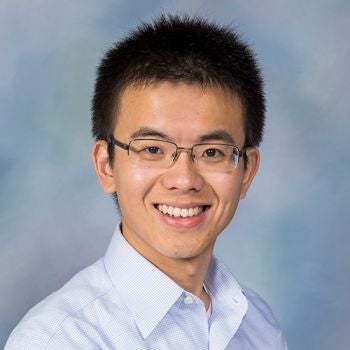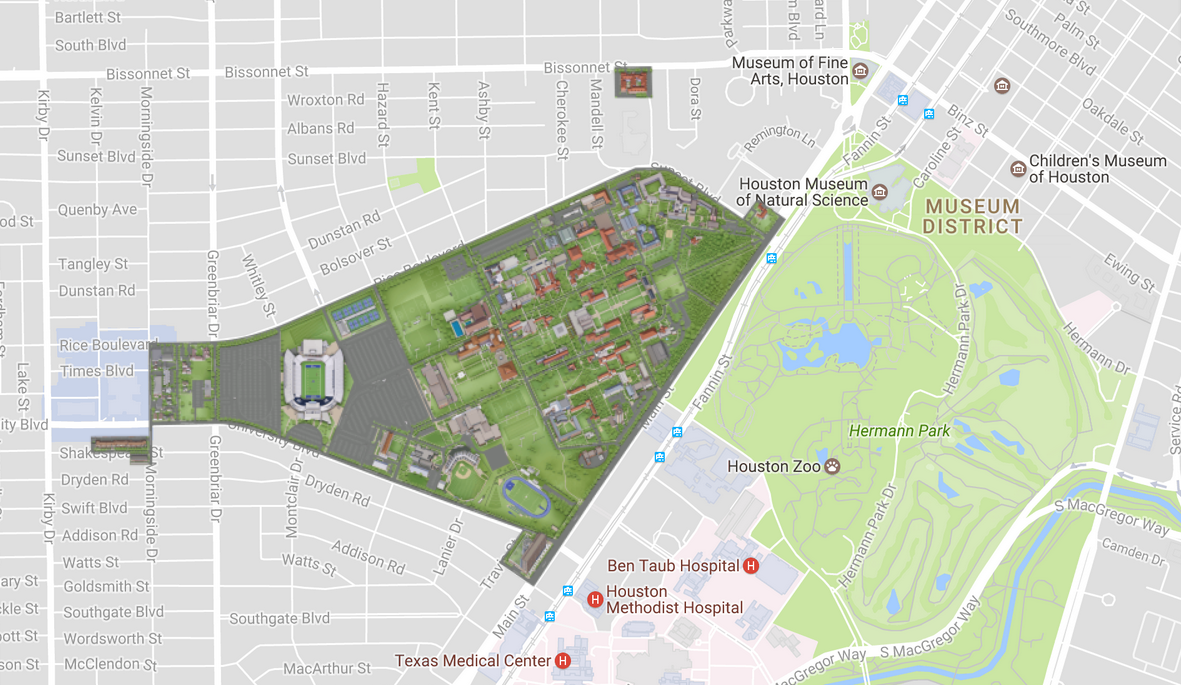The Ken Kennedy Institute's March Member of the Month, Dr. Meng Li, is the Noah Harding Assistant Professor of Statistics at Rice University. Before joining Rice, Dr. Li was a Visiting Assistant Professor in the Department of Statistical Science at Duke University (2015-2017). His recent research focuses on statistical modeling of challenging data that arise in scientific and industrial applications such as images, functional data, networks, and tree-structured data, with theoretical guarantees and scalable implementation.
Dr. Li's research includes probabilistic image analysis, machine learning, variable selection, functional data analysis, nonparametric Bayes, quantile regression, neuroscience, materials informatics.
He has received the 2020 Teaching + Research Excellence Award, School of Engineering, Rice University and the 2018 Ralph E. Powe Junior Faculty Enhancement Award.
What is your favorite book?
Book of Changes, also known as the I Ching. This book of millennia is a beautiful combination of math, art, and philosophy. Its own text is very short and easy to carry. I’m particularly fascinated by its using finite units as the building block to flexibly represent the universe with surprisingly good accuracy tested by generations of practitioners and philosophers. This structured representation motivates Leibniz’s binary system which is critical for a modern computer, and may generate renewed interest at some point in contemporary data science.
How do you explain your research in one sentence?
Extract useful information from data for understanding, interpreting, and decision-making, by accounting for the uncertainty inherent in the data, model, and conclusion.
What is your favorite aspect of your research?
I enjoy the interplay of math and real-world data applications. It’s in statistics’ genes to collaborate, and my research benefits from working with materials scientists, medical experts, neuroscientists, computational biologists, political scientists, etc. The abstracted statistical challenges from these collaborations motivate statistical research in nonparametric inference, quantile regression, shape-constrained regression, variable selection, large sample theory, etc., which in turn adds rigor to my applied work. I appreciate this two-way integration and feel fortunate to be able to work with colleagues at Rice and Texas Medical Center.
What challenges do you see in your research that you didn't expect?
COVID. I did not expect this. The challenges were multifaceted---students were stressed, collaborators were equally troubled if not more, in-person meetings that are crucial for connecting with colleagues were cut to the bone, and it overlapped with the most difficult time for my family (I have two little kids under 4). Most of these are not directly related to research, but they constitute real challenges in this particular case.
How do you see computation and data advancing in the future?
Open source, reproducible, interpretable, and ethical. Some disciplines are pioneers in these regards, but fundamentally advancing data sharing and reproducibility requires continuing efforts from all communities, which takes time. For high stake decision-making (such as in medicine, criminology), interpretability and fairness are increasingly recognized as important properties of a model. I hope to be part of these joint efforts by developing scalable statistical methods for principled uncertainty quantification, building interpretable models with competitive predictive performance, and working with collaborators to popularize such methods.
What is your favorite experience with the Ken Kennedy Institute?
I enjoyed the Friday lunches. It’s intriguing to listen to those fun talks a bit distant from my research, while interacting with colleagues from various departments.



